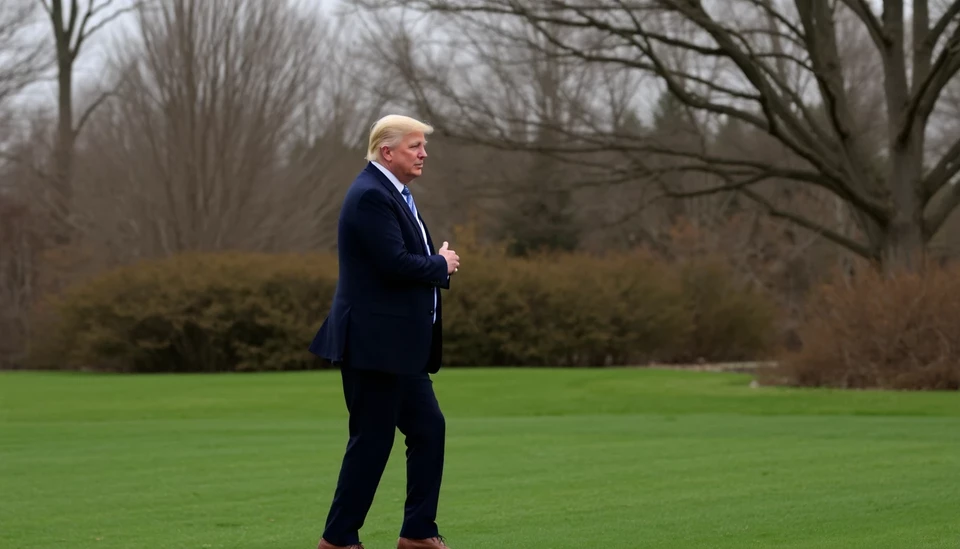
In a recent turn of events, former President Donald Trump has explicitly targeted the Biden administration’s expansive climate law, signaling a renewed focus on environmental policy as he gears up for a potential presidential campaign in 2024. This strategic move comes as the Republican Party seeks to reclaim influence on climate issues, challenging Democrats in a domain often dominated by left-leaning narratives.
The sweeping legislation, initially introduced by President Joe Biden, aims to reduce greenhouse gas emissions significantly by promoting renewable energy sources and cutting reliance on fossil fuels. Trump's criticism hinges on claims that the law is burdensome for businesses and threatens jobs across various industries. He argues that Biden's ambitious climate agenda will ultimately lead to higher energy costs for the average American while stifling economic growth.
As Trump rallies his supporters, he intends to frame the debate around energy independence and economic prosperity. In his messages, he asserts that Biden's approach hampers traditional energy sectors, including oil and gas, which are pivotal to economic stability in many regions of the country. His campaign is likely to emphasize a commitment to preserving existing jobs in these industries while ridiculing the feasibility and effectiveness of transitioning to renewable energy at such a rapid pace.
Furthermore, Trump's critique coincides with a broader push within the Republican Party to advocate for energy policies that prioritize traditional fuels. This pivot comes as various GOP leaders articulate a vision where economic growth does not come at the expense of environmental sustainability. They argue that leveraging American resources—rather than investing heavily in green technologies—will place the country in a stronger position internationally while maintaining energy prices at manageable levels.
Polls indicate that energy policy is a critical issue for many voters, especially in key battleground states where industries like coal and natural gas play vital roles. Trump's promises to dismantle specific components of Biden's climate agenda resonate with these voters, who often feel alienated by progressive environmental policies. The challenge for Democrats will be to defend their climate initiatives while addressing the economic anxieties that Trump amplifies.
As the 2024 election draws closer, the contrast between the candidates’ visions for America’s energy future will likely take center stage. While Biden continues to advocate for green energy investments, Trump will likely champion a return to fossil fuel investments as a means of ensuring economic vitality. This division not only highlights differences in policy vision but also raises essential questions about the balance between environmental responsibility and economic resilience in the years ahead.
In addition to their differences on climate policy, Trump and Biden's approaches underscore a broader ideological battle within American politics. As the nation continues to grapple with the realities of climate change, the dialogue surrounding energy use will be pivotal in shaping the platforms of the leading party candidates in 2024.
#Trump #Biden #ClimateChange #EnergyPolicy #2024Elections #RenewableEnergy #FossilFuels #EnvironmentalPolicy #EconomicGrowth #RepublicanParty #DemocraticParty
Author: Sophie Bennett




